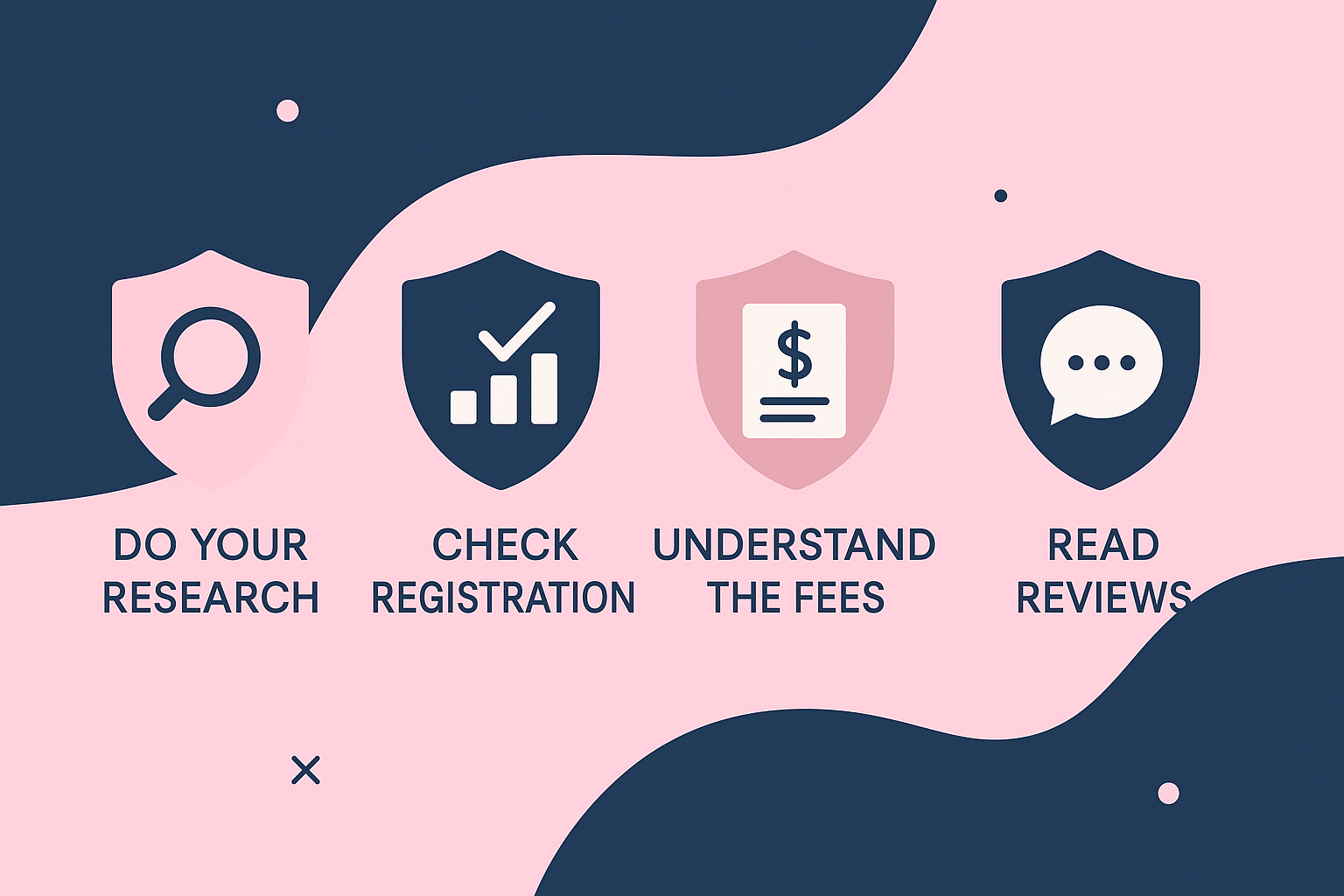5.Saxo Bank

- Stocks & ETFs: 70,000+ options worldwide
- Minimum Deposit: $0 (Classic account)
- Fees: From $1.6 (US stocks), 0.08% (min. €2) for EU stocks, custody fee0.12–0.15%/year
- Regulation: FCA (UK), FSA (Denmark), MAS (Singapore), ASIC (Australia)
- Best For: Activeinvestors seeking global markets, advanced tools, and strong regulation
4. Easybroker
.webp)
- Stocks & ETFs: 35,000+ options
- Minimum Deposit: €0
- Fees: $0.99 flat fee (US stocks), $1.50-$3 (ETFs)
- Regulation: FSA(Seychelles)
- Best For: Cost-conscious traders outside the EU
3. Freedom24

- Stocks & ETFs: 40,000+ stocks, 3,500+ ETFs
- Minimum Deposit: $500
- Fees: $0.02/share + $2/trade (Smart Package)
- Regulation: CySEC, SEC
- Best For: IPOparticipation and US-listed ETFs
2. Brand New Day

- Stocks & ETFs: 20,000+ options (tax-optimized accounts)
- Minimum Investment: €0
- Fees: 0.25% annual management fee
- Regulation: AFM(Netherlands)
- Best For: Dutchretirement investors
1. eToro

- Stocks & ETFs: 5,000+ stocks, 680 ETFs (fractional shares)
- Minimum Investment: $10 per trade
- Fees: $0 commission (excl. 7 countries: $1-2/trade)
- Regulation: CySEC,FCA, ASIC
- Best For: Copytrading and beginner-friendly tools





